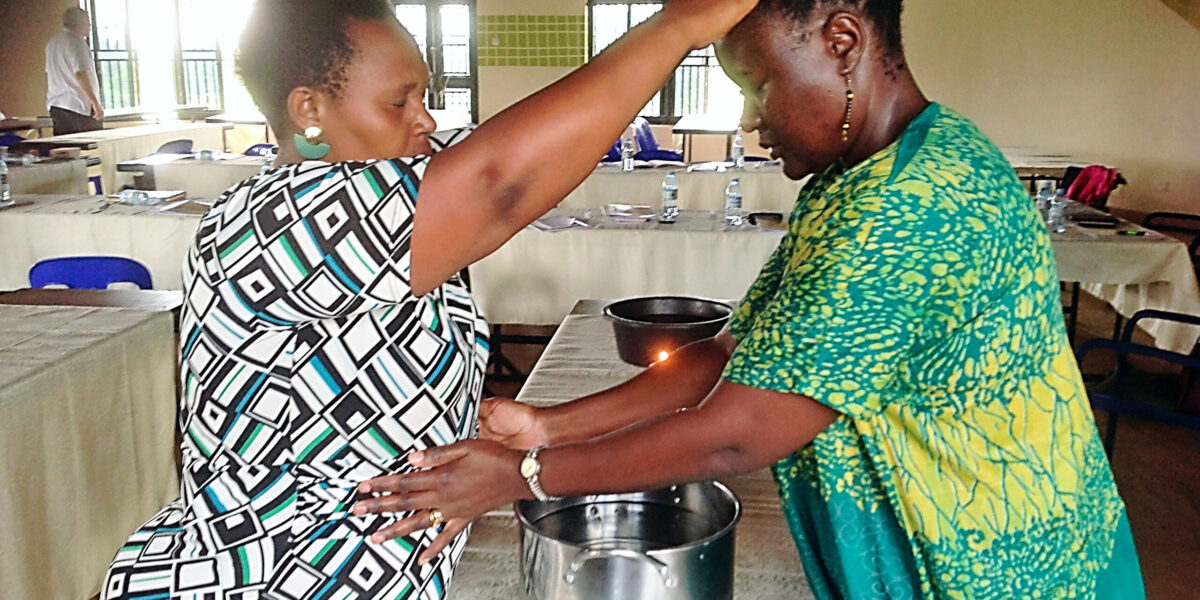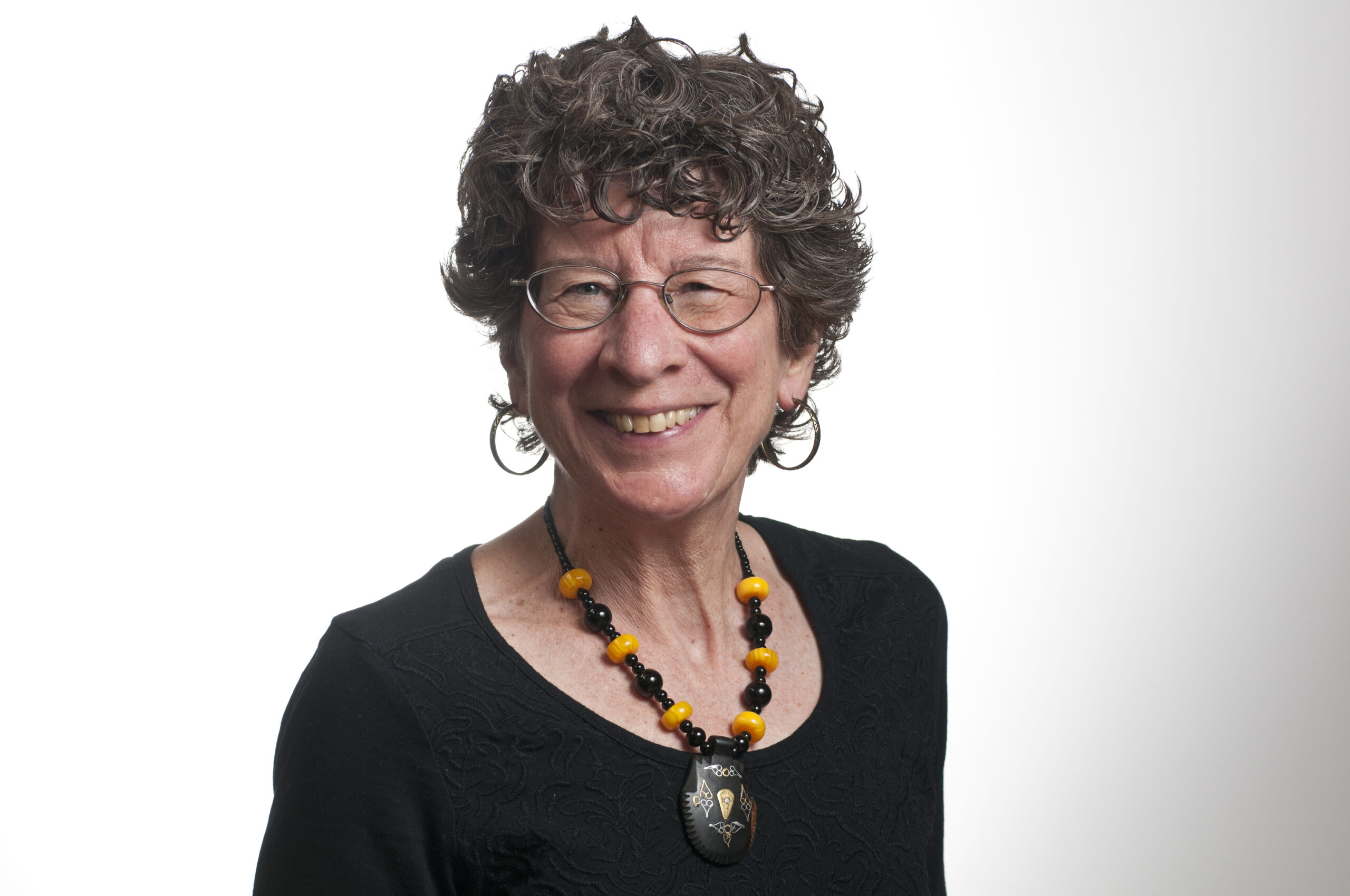A
Sister Care seminar in Uganda added a Compassionate Care component (an
adaptation of the trauma healing materials for men) to empower 26 church and
community leaders.
Enoch, a participant in the December 2019 Sister Care/Compassionate Care seminar held in Uganda, found freedom from a "poison story" that had been passed through three generations of his family.
The narrative he had inherited told him that he, along with his siblings, were inadequate and would die young. However, during the three-day training, he learned that he is a beloved son of God.
"Enoch was very happy," said Patience Tumuramye, one of the organizers of the training. "The lesson of changing poison stories to power stories worked very, very well for both men and women. Many people were healed. We return glory to the Almighty God."
The first Sister Care seminar held in Uganda in 2016 was so much appreciated that men asked to be included in the second one. So, a Compassionate Care component was added. Compassionate Care adapted for men the trauma healing materials that Mennonite Women has developed and written in the past decade.
"I am so grateful that Sister Care has added the Compassionate Care component to include men," said Esther Muhagachi, student at Anabaptist Mennonite Biblical Seminary (AMBS) in Elkhart, Indiana, and director of Grace and Healing Ministry in Dodoma, Tanzania. "Many cultures do not allow men to cry. This makes men vulnerable to the trauma. I am sure through Sister Care and Compassionate Care that many women and men will receive healing."
Muhagachi helped to lead the 2016 training in Uganda. She returned for the December event and was assisted by David Miller, AMBS teaching associate, and Pamela Obonde, who works at Angolo Community Development Centre in Kenya and serves alongside her husband who is a Mennonite pastor. Obonde is also studying theology.
"It was a privilege to partner with Esther, Pamela and Patience to introduce Compassionate Care in Uganda," Miller said. "We are learning in this process to work at matters of healing and equality as women and men together in Christ."
Mennonite Mission Network, Eastern Mennonite Missions, and Mennonite Men partnered with Mennonite Women to use their material for the event that included 16 women and 10 men from all parts of Uganda. Most of them were community leaders and pastors engaged in active ministry.
The first Sister Care seminars developed by Rhoda Keener, Sister Care director for Mennonite Women USA, and Carolyn Heggen, psychotherapist specializing in trauma healing, were held in 2010. The Sister Care manual has been translated into 18 languages and has empowered women in 20 countries and in every conference of Mennonite Church USA. In 2019, Heggen and Keener trained Miller, Muhagachi and Obonde, to teach Compassionate Care.
Mennonite Women USA has shared Sister Care seminars with nearly 4,700 women, and international women have shared it with thousands more around the globe. The December event was the second one held in Uganda.
According to Mennonite Women’s website, "Sister Care seminars seek to provide women with tools for personal healing, recognizing and celebrating God’s grace in their lives, and responding more confidently and effectively to the needs of others in their families, congregations and communities."
This happens through lessons that affirm each person’s worth in God’s eyes. Sister Care teaches that caring for others is costly, and caregivers must take time for personal renewal in order to sustain ministry. Through experiential learning, participants realize that compassionate listening is spiritual work that can help transform pain, and that God’s healing often happens in the context of a caring congregation of people who have done their own healing work.
"Mission Network is glad to partner with other organizations to offer Sister Care and Compassionate Care," said Sharon Norton, Mennonite Mission Network’s co-director for Africa and Europe. "Participants are given skills to help each other in the healing journey, so that healing can be extended far beyond those who attend the seminar."








